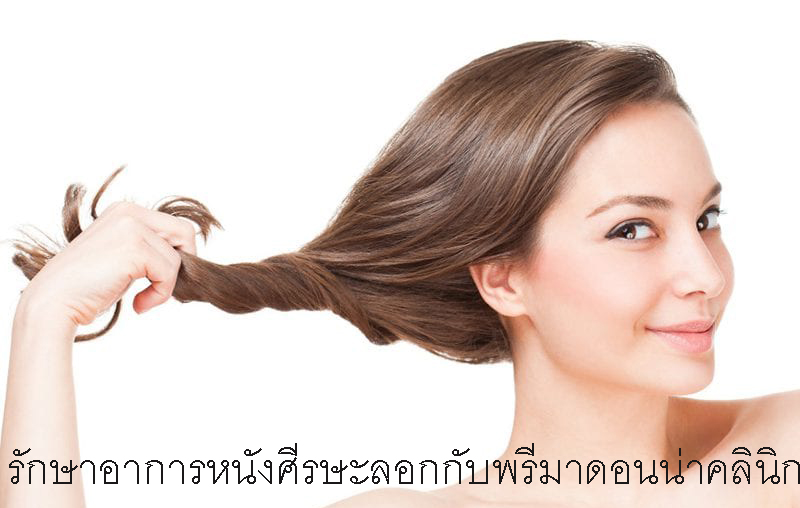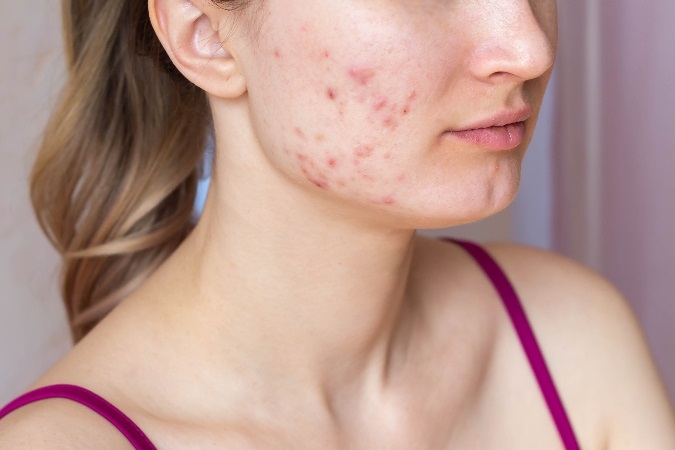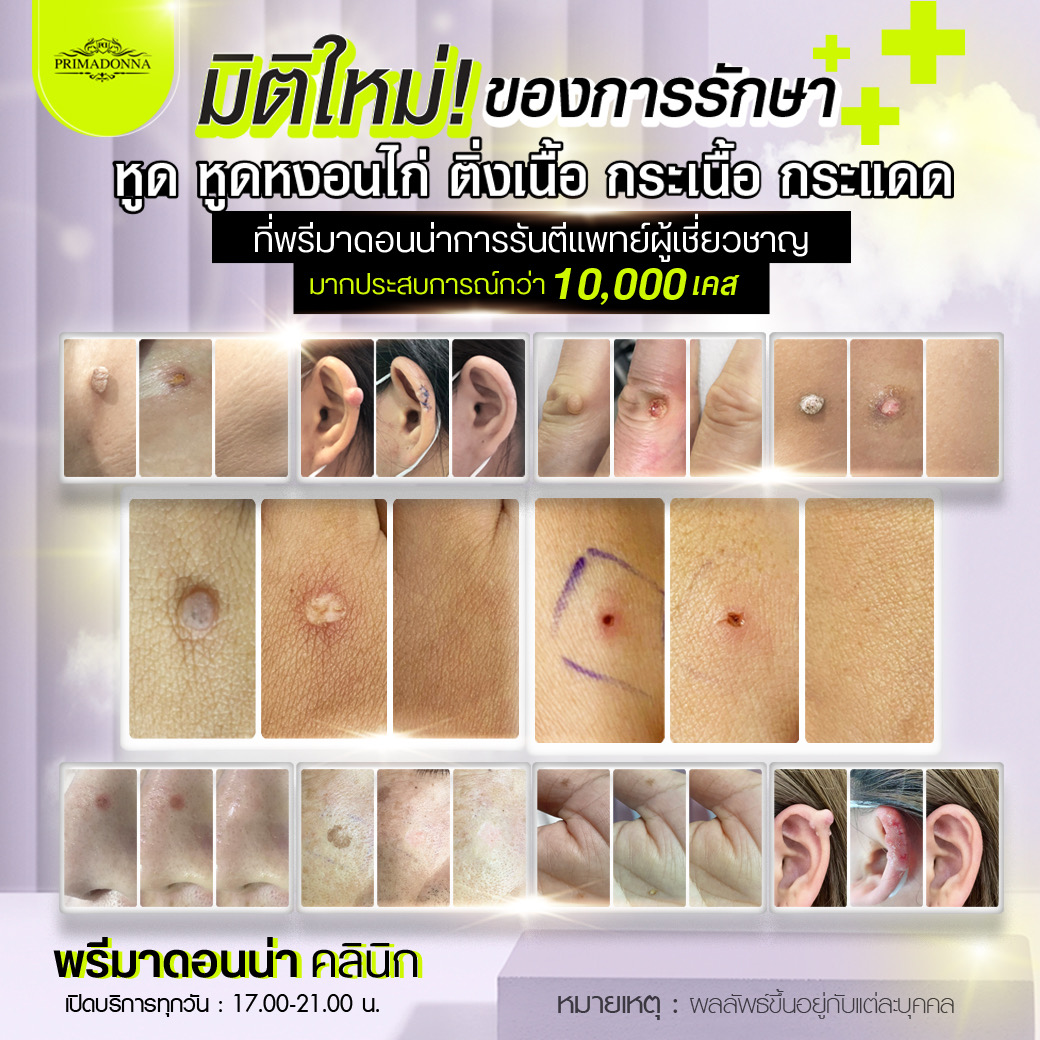
What Is Dandruff?
What Is Dandruff?
Dandruff is a common scalp condition that that causes flaky skin and an itchy scalp.
What Are the Signs & Symptoms of Dandruff?
Common signs and symptoms of dandruff include:
What Causes Dandruff?
Dandruff is a mild form of seborrheic dermatitis. The exact cause of seborrheic dermatitis is not known, but it's likely a combination of things like:
Dandruff isn't contagious. You can't catch it from or give it to another person.
Who Gets Dandruff?
Almost anyone can have dandruff. Many teens and adults live with it. Hormone levels are high during teen years, which causes more oil production. This may be why dandruff usually begins around puberty. People with immune system problems (like HIV) or neurologic problems (like Parkinson's disease) are more likely to have dandruff.
How Is Dandruff Diagnosed?
Health care providers can diagnose dandruff and seborrheic dermatitis based on symptoms (like an itchy scalp and flakes on the shoulders) and an exam.
How Is Dandruff Treated?
In most cases, over-the-counter dandruff shampoo can control a person's dandruff. Check the labels for these common "active ingredients":
Follow the label directions on how much to use and how often. When your dandruff improves, it's OK to use dandruff shampoo less often. Once a week might be enough to keep flakes off your shoulders.
If dandruff doesn't get better after 4–6 weeks, try another shampoo with a different active ingredient.
Talk to the pharmacist if you have any questions about dandruff shampoos.




